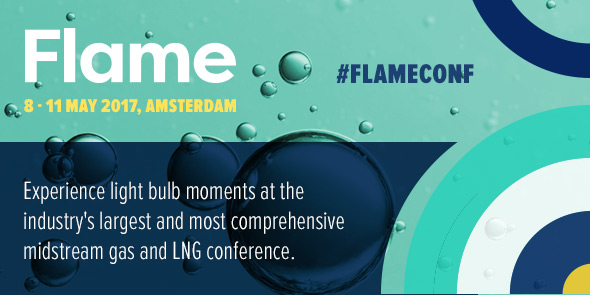Air pollution: the inaudible natural gas solution

Written by Dominique Venet, CEO at Gleamergy. Dominique will be presenting "How should we set gas prices?" at Flame 2017.
This winter, air pollution in big cities has been brought to the forefront of the public debate not only in China or India, but also in Europe and particularly in France.
Cities like Paris, Lyon or Grenoble have had to introduce for a number of days various systems of car usage regulations, from mild ones such as reduction of maximum speed to more stringent ones such as alternate days according to even/odd license plate numbers.
Since January 2017, France has introduced a classification system, where each car is graded according to its pollution index; from now on, car circulation restrictions because of air pollution will be based on this index, resulting in banning the more polluting vehicles first.
This air pollution is mainly caused by particles emitted by liquid fuel combustion engines (chiefly diesel) as well as by coal-fired power plants – including plants in neighboring countries - and industrial facilities. SOx and NOx from the same sources are also contributors, but were less of a focus this winter.
It should be noted that excessive air pollution was reported not only in big cities like Paris or Grenoble, but also in specific open areas where meteorological conditions led to emissions not being dispersed: no wind, no rain, air temperature stratification etc… Such was the case for example in some lower parts of the Alps valleys.
Natural Gas (NG) provides a clear solution to this atmospheric pollution: it is a clean burning fuel and does not emit any particles and quasi no SOx or NOx. NG could be used :
• Either directly, using NG or LNG for transport
• Or indirectly, by replacing coal and liquid fuel power plants by CCGTs and
switching transport to electricity
These facts are well known, but apparently only to those involved in the gas industry.
What is indeed startling is that this winter, during the worst occurrences of air pollution in French cities, the debate focused on the “good” energies, namely renewables (ENR) such as wind and solar, and the “bad” ones, namely the “fossil fuels”, oil and coal.
Nuclear was not perceived as a clean solution, but was not criticized either (this is France….). Debate however does start on issues like actual complete costs of nuclear and disposal of waste.
“Fossil Fuels” were in one dirty bag combining mainly diesel and little bit of coal, not very much used in France. Fossil fuels were deemed evil and should be disposed of.
But you may ask: what about Natural Gas ?
Good question! Mostly non existent, to the best unheard of as a clean alternative to polluting coal and diesel, to the worst thrown in the dirty bag of “fossil fuels”, ie to be disposed of asap. I have to say it is painful to see NG being considered as bad a fuel as diesel, fuel oil or coal.
Which leads me to a remark often heard in recent years in Conferences, but not really acted upon:
The Gas Industry as a whole has been way to shy - once more - in not seizing this winter episode as an opportunity to advocate its position as the cleanest, safest and most economical solution pending full development of renewables solution, particularly solar, on an economic basis (and with a satisfactory dust-to-dust record…)
How is it possible that gas was virtually not mentioned in the public debate this winter during atmospheric pollution peaks, a golden opportunity to attract citizen’s attention?
Why couldn’t we imagine for example ads released in all medias during the air pollution crisis promoting natural gas benefits highlighted above? Talks in the various medias? More aggressive positions on regulating coal out of the market?
At a time where gas reserves are huge, market over supplied and gas price bound to remain reasonable at least for the medium term, if not longer, such actions of NG promotion would of course help the gas industry, but would be first of all a service rendered to our fellow citizens.
